Are you a cat lover who suffers from allergies but can’t resist the charm of Maine Coons? You’re not alone! Maine Coons, with their majestic appearance and gentle personalities, have captured the hearts of many. However, a common question among prospective owners is whether Maine Coons are hypoallergenic. In this article, we will delve into the fascinating world of Maine Coons and uncover the truth about their hypoallergenic nature. Let’s separate fact from fiction and explore the top 10 key facts you need to know!
Are Maine Coons Hypoallergenic?
Maine Coons are not entirely hypoallergenic, but some individuals with allergies may have milder reactions than other cat breeds. The hypoallergenic claim is primarily associated with their unique coat, which has fewer dead skin cells and dander. However, allergens can still be present in their saliva and urine. Regular grooming, cleaning, and creating allergen-free zones can help reduce allergen levels.
Allergy sensitivities vary among individuals, so spending time with Maine Coons before committing is essential. Factors like individual tolerance, allergen levels, and other environmental allergens should be considered. Neutering may contribute to allergen reduction, but it is not a guaranteed solution. Consulting with a doctor and considering allergen-reducing measures can help determine if a Maine Coon suits individuals with allergies.

Understanding Hypoallergenic Cats
Before we explore Maine Coons specifically, let’s clarify what hypoallergenic means in the context of cats. While no cat breed is entirely allergen-free, hypoallergenic cats produce fewer allergens or have coat characteristics that minimize allergic reactions in susceptible individuals. Contrary to popular belief, hypoallergenic doesn’t equate to non-allergenic, as individual allergies and sensitivities can vary.

Allergens and Maine Coon Cats
Maine Coons, like all cats, produce allergens primarily through their saliva, skin, and urine. These allergens are proteins known as Fel d 1 and Fel d 4, which trigger allergic reactions in sensitive individuals. While no breed is entirely hypoallergenic, some individuals with allergies have reported milder reactions when exposed to Maine Coons compared to other cat breeds.
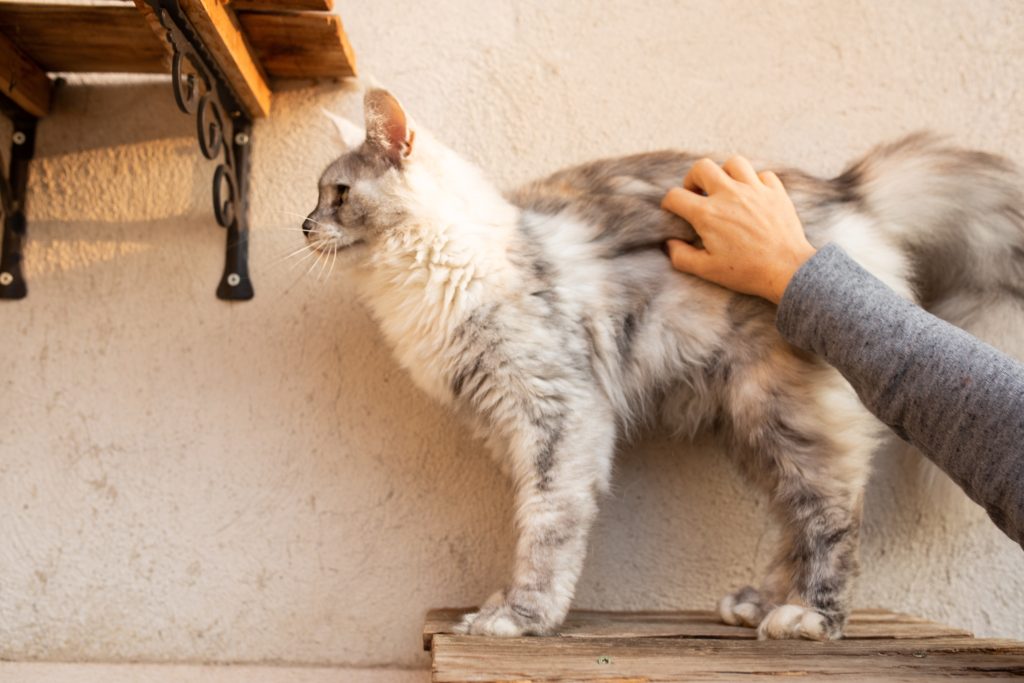
Maine Coon Coats and Allergens
One reason behind the hypoallergenic claims surrounding Maine Coons is their coat. Maine Coons possess a unique, water-resistant double coat with a soft, insulating undercoat and a longer, shaggy topcoat. This luxurious coat has fewer dead skin cells and dander, common allergen carriers. However, it’s important to note that allergens can still be present in a Maine Coon’s saliva and urine, which can be transferred to its coat during grooming.

Maine Coon Grooming Habits and Allergen Control
Regular grooming plays a crucial role in managing allergens in Maine Coons. Their thick coat requires frequent brushing to remove loose hair and dander, reducing the amount of allergens in the environment. Additionally, wiping their paws and body with a damp cloth can minimize the spread of allergens. Maintaining a clean living environment, including vacuuming and using air purifiers, can also help reduce allergen levels.

Individual Allergy Sensitivities
Individuals with allergies may react differently to cat breeds, including Maine Coons. While some people with allergies find Maine Coons more tolerable, others may still experience allergic symptoms. It’s essential for potential owners to spend time with Maine Coons before committing to assess their reactions.
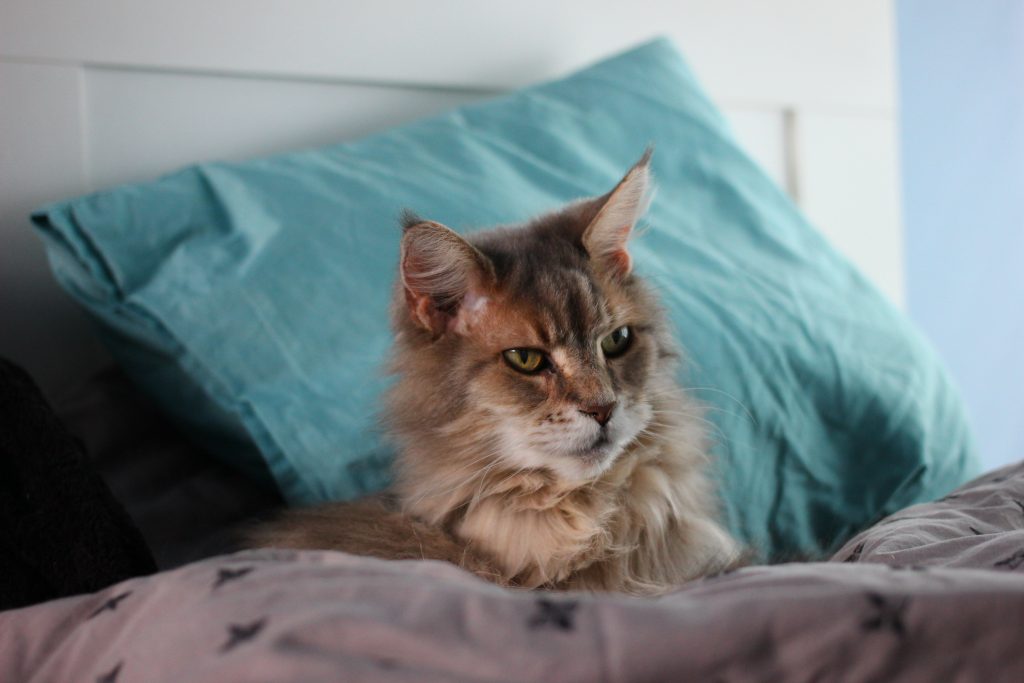
Maine Coon Fel d 1 and Fel d 4 Levels
The levels of Fel d 1 and Fel d 4 allergens can vary among individual cats, even within the same breed. Some studies suggest that Maine Coons may produce lower levels of these allergens than other cat breeds. However, no definitive evidence supports the claim that Maine Coons consistently have significantly lower allergen levels across the breed.

Neutering and Allergen Reduction for Maine Coons
Neutering, or spaying for females, is a common procedure recommended for all pet cats, including Maine Coons. While it is primarily performed to prevent unwanted litter and promote overall health, some studies suggest that neutering can potentially reduce allergens.
When cats are neutered, their hormone levels, including those responsible for oil production in the skin, are reduced. This reduction in hormone levels may decrease the production of allergenic substances found in their skin and saliva.
However, it’s important to note that the impact of neutering on allergen reduction can vary from cat to cat. Various factors, including genetics and individual biology, influence the allergens produced. Therefore, while neutering may positively reduce allergens in some cats, it is not a guaranteed solution for all individuals with allergies.
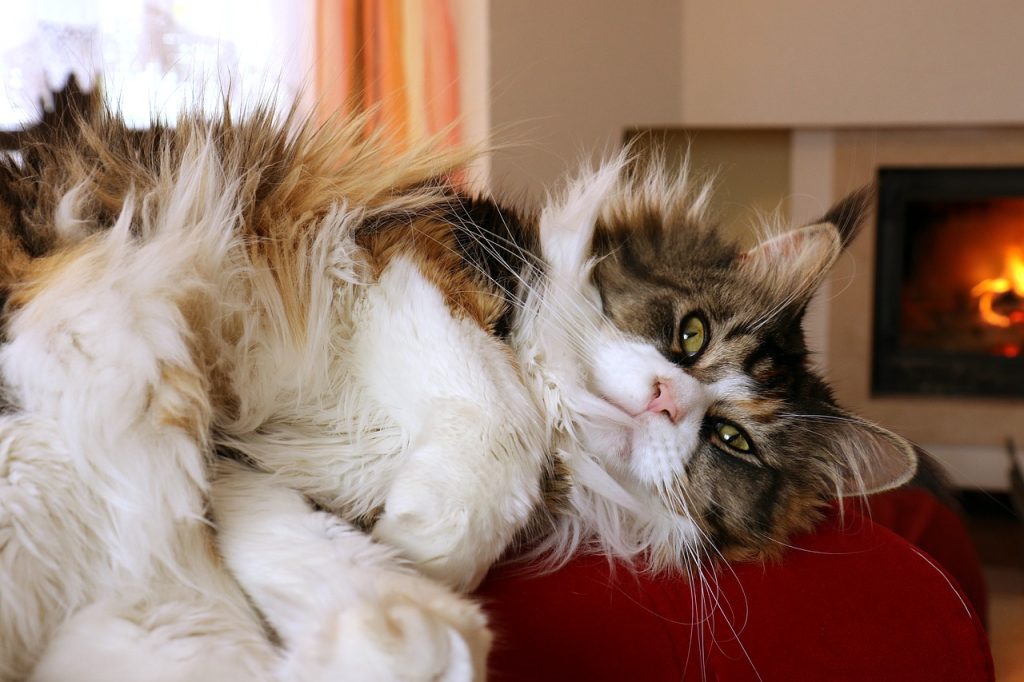
Maine Coon Allergen-Reducing Measures
If you have allergies but are determined to bring a Maine Coon into your home, there are several measures you can take to minimize allergen exposure:
- Consider allergy medications: Consult with your doctor about allergies or immunotherapy options that can help manage your symptoms.
- Create allergen-free zones: Designate certain areas of your home, such as bedrooms or living rooms, as zones where your Maine Coon cannot enter.
- Invest in air purifiers: High-quality air purifiers equipped with HEPA filters can help remove allergens from the air, improving the overall air quality in your home.
- Clean your home regularly: Regular cleaning, including dusting surfaces, vacuuming carpets and upholstery, and washing bedding, can help reduce allergen buildup.
- Use allergen-reducing products: There are hypoallergenic sprays and wipes available that can neutralize allergens on your Maine Coon’s coat. These products can be used during grooming sessions to minimize allergen transfer.
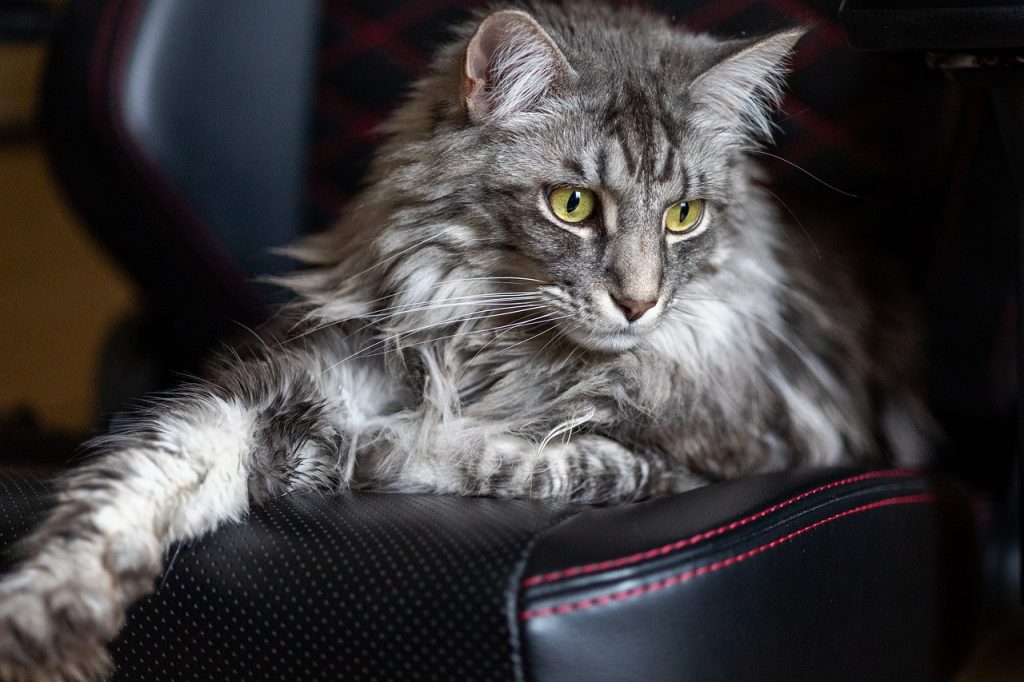
Other Factors to Consider
When determining if a Maine Coon is suitable for your allergies, it’s crucial to consider other factors that can influence your reactions:
- Personal tolerance: Everyone’s allergy sensitivity is different, and while some individuals may find relief with Maine Coons, others may still experience symptoms.
- Additional allergens: Remember that cat allergens are not the only allergens that can trigger reactions. Pollen, dust mites, or other environmental factors can also contribute to allergies.
- Regular veterinary care: Regular visits to the vet for grooming, check-ups, and vaccinations can help maintain your Maine Coon’s overall health and potentially minimize allergens.
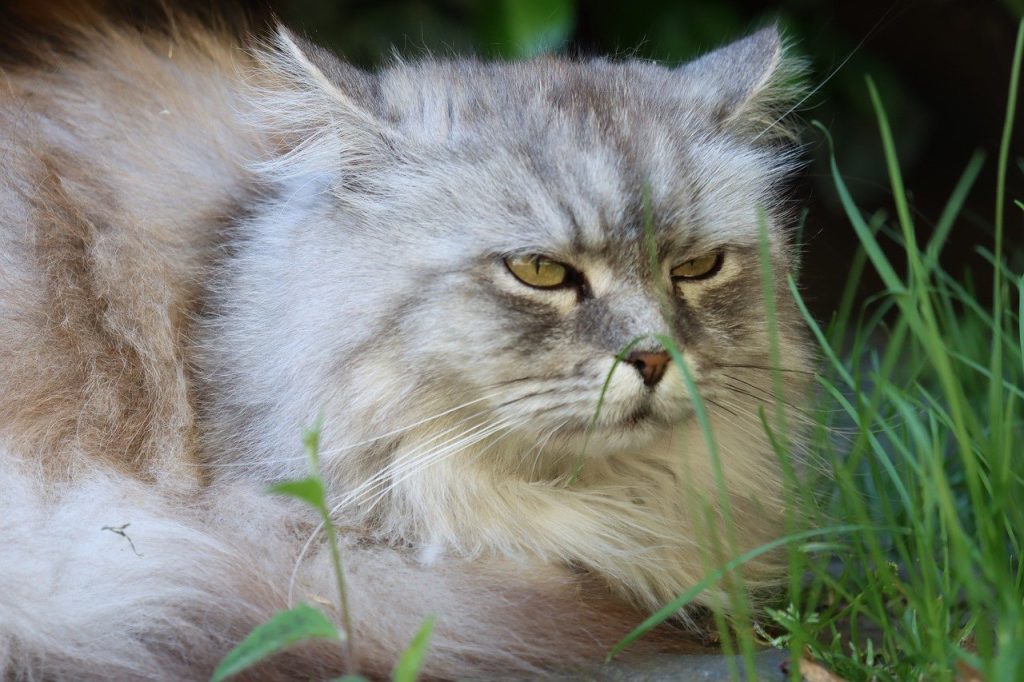
Consider Adoption and Foster Programs
If you’re uncertain how your allergies will react to a Maine Coon, consider contacting local shelters or breed-specific rescue organizations. Many of these organizations offer foster programs, allowing you to temporarily care for a Maine Coon and assess your allergies before making a long-term commitment.
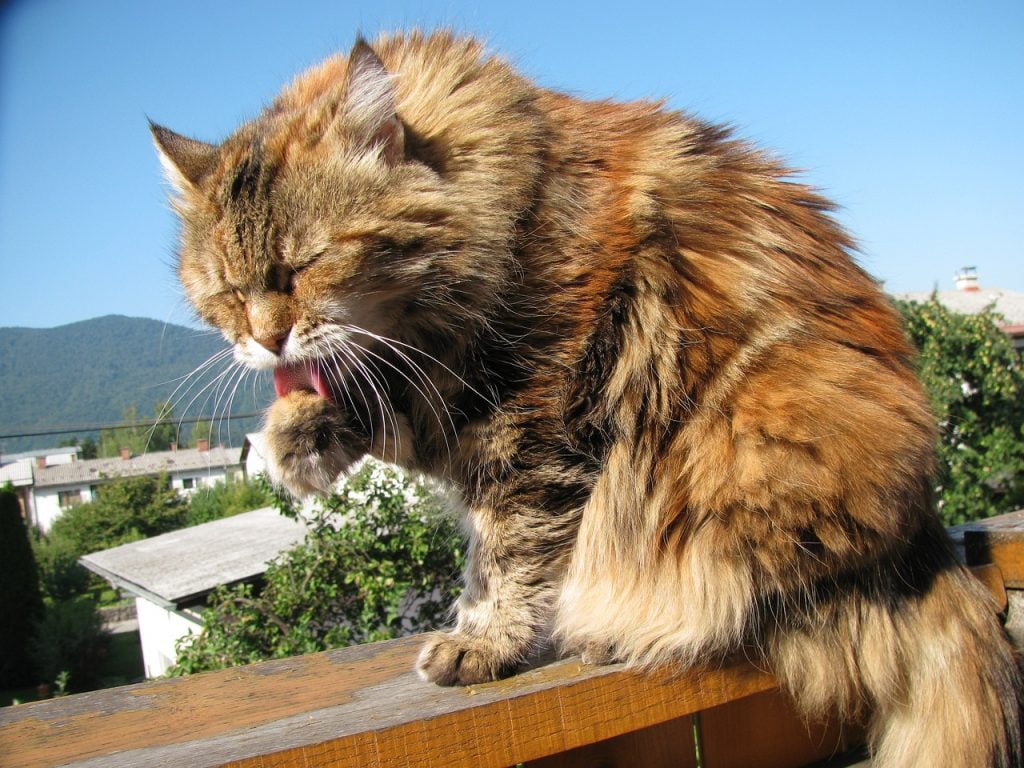
Conclusion
In conclusion, while it is often claimed that Maine Coons are hypoallergenic, it is essential to understand that no cat breed can guarantee an allergy-free experience. Maine Coons may produce fewer allergens due to their unique coat characteristics, but allergen levels can still vary among individual cats. Allergies are complex and can be influenced by multiple factors, including individual sensitivities and environmental conditions.
If you have allergies but are considering adding a Maine Coon to your family, spend time with the breed to gauge your tolerance. Consult your doctor for advice and consider implementing allergen-reducing measures in your home. By taking these steps and being well-informed, you can make an educated decision about whether a Maine Coon is the right fit for you and your allergies. Remember, the love and companionship shared with a pet can often outweigh the challenges of allergies for many cat enthusiasts.

